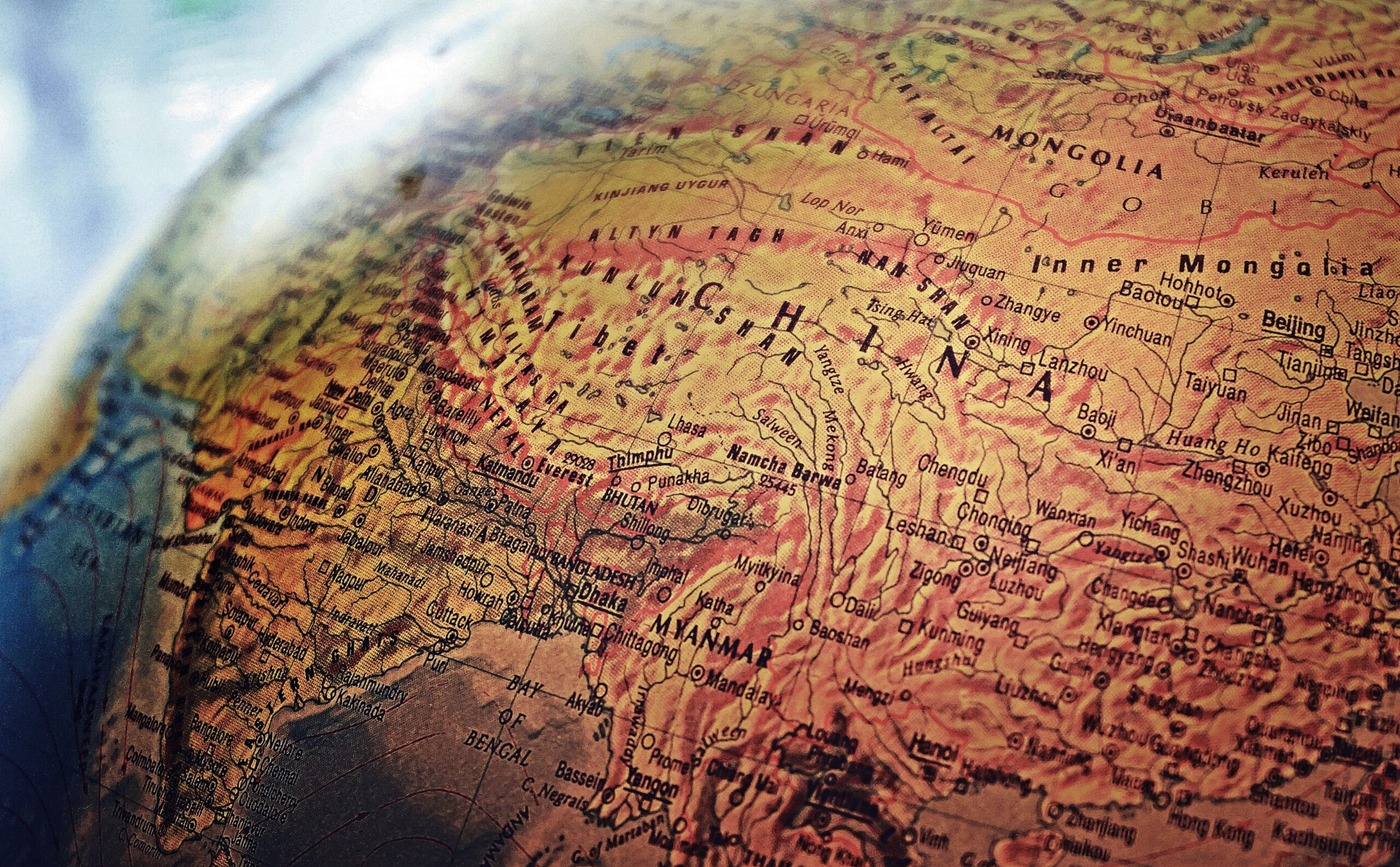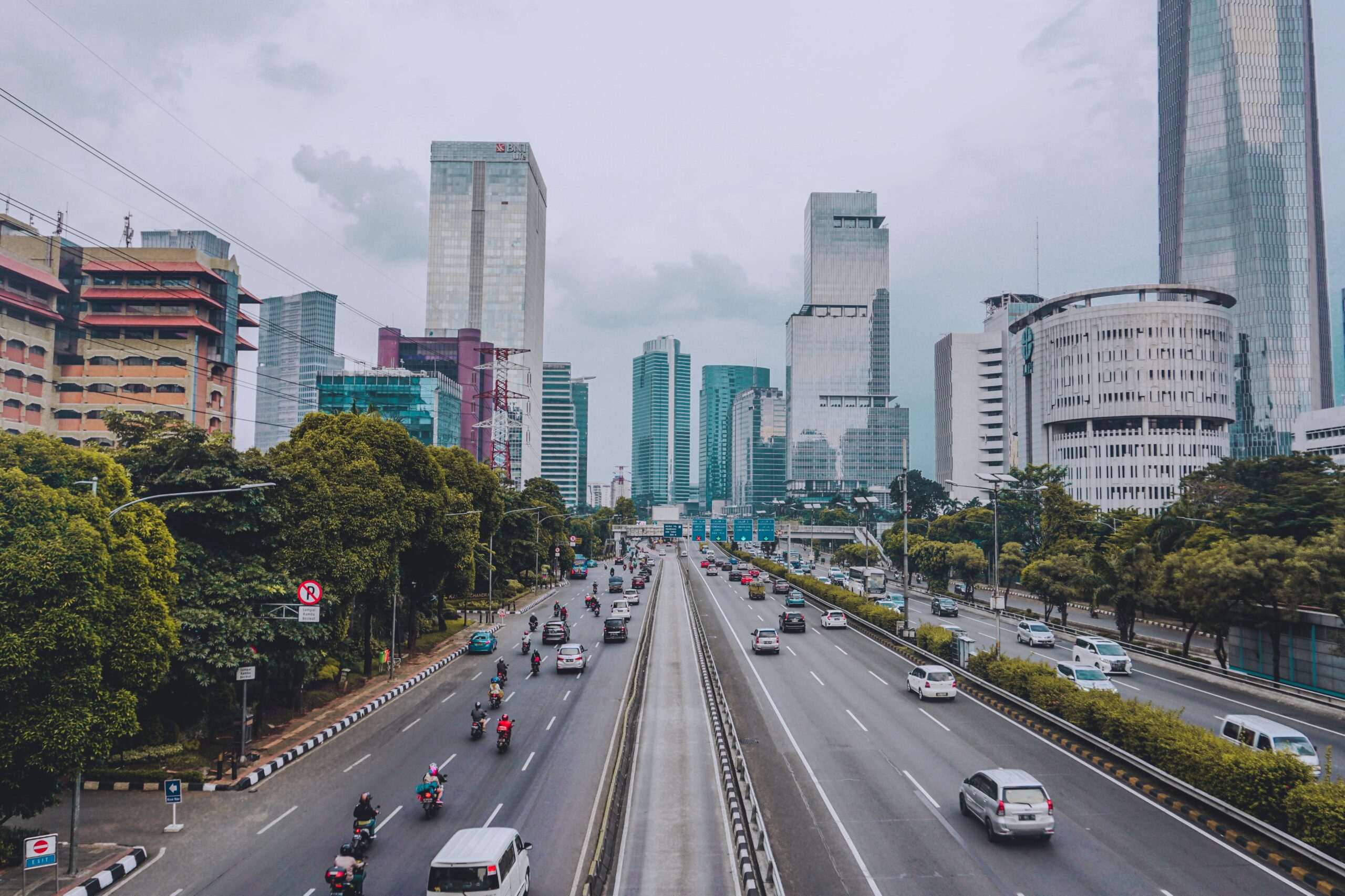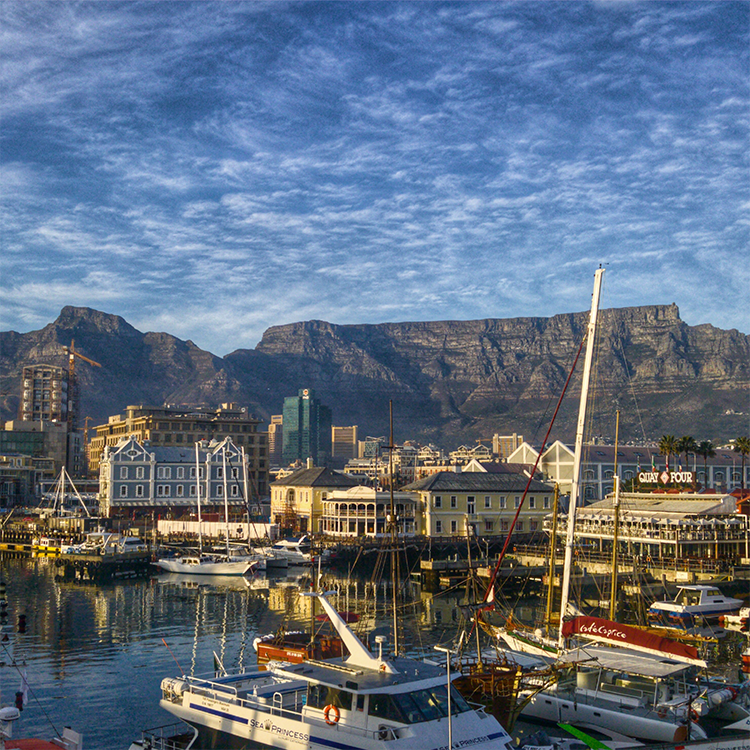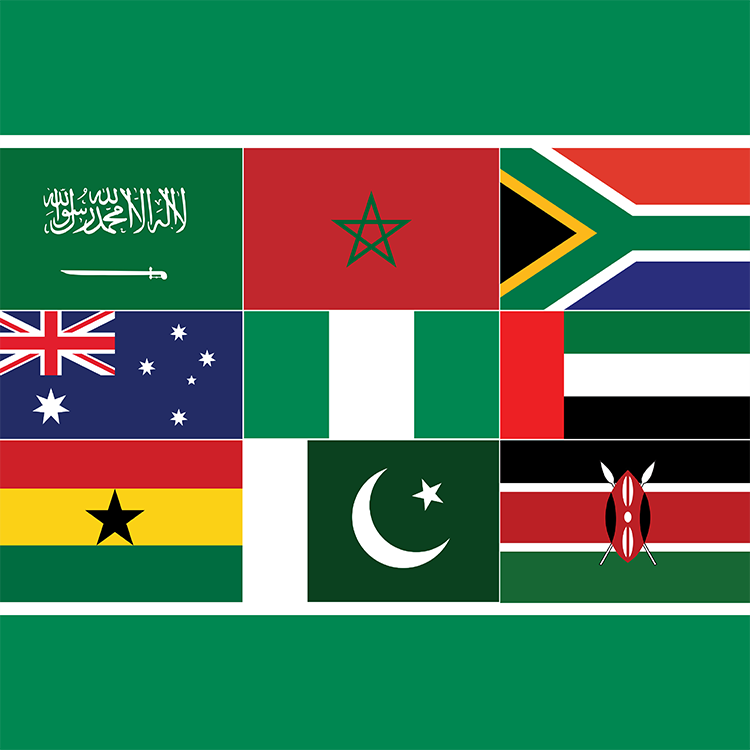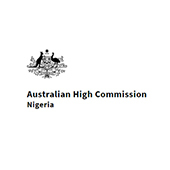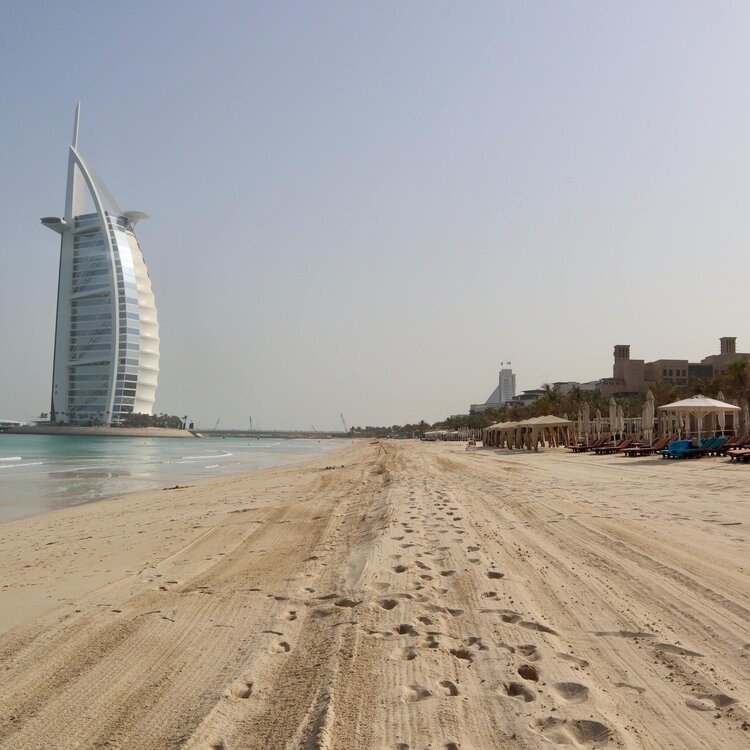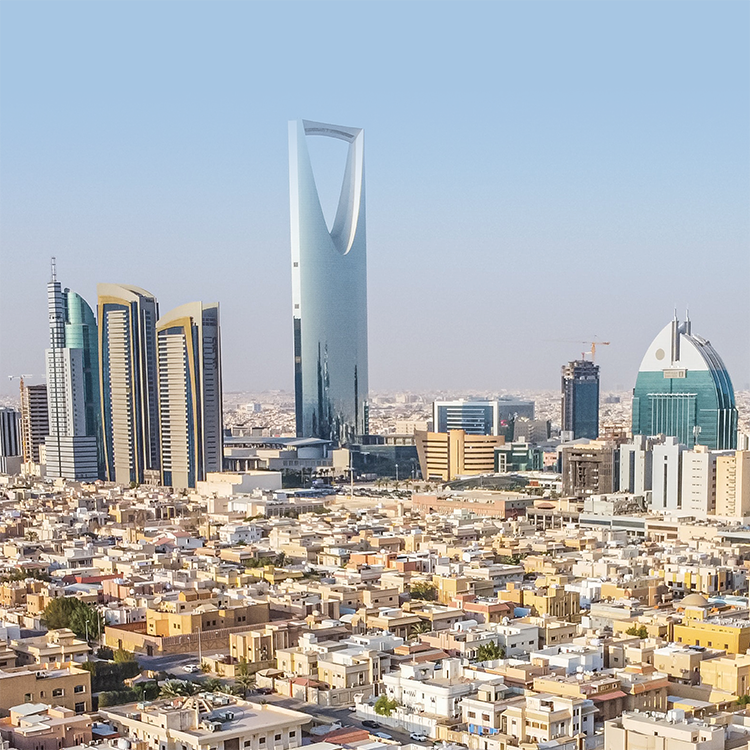Impact of new China decrees on imported food and food establishments
To advise exporters and processing establishments of new Chinese requirements for imported food and overseas food establishments that will take effect from 1 January 2022.
Summary of key points
These requirements require all overseas manufacturers of imported food to be registered with the General Administration of Customs of China (GACC). The requirements capture a broad range of food products, including low risk foods, and are notified in Decree 248 – Regulations on the Registration and Administration of Overseas Producers of Imported Food and Decree 249 – Administrative Measures on Import and Export Food Safety.
These regulations require all food manufacturers, processors and storage facilities which handle food exported to China to be registered with GACC in one of two ways:
- Registration through the competent authority (in Australia, the Department of Agriculture, Water and the Environment) which will first require assessment and approval (new foods now requiring registration of food businesses are italicised)
This requirement is now applicable for meat and meat products, casings, aquatic products, dairy products, edible bird’s nest and bird’s nest products, bee products, eggs and egg products, edible fats and oils, stuffed wheaten food, edible grains, milled grain industry products and malt, fresh and dehydrated vegetables and dry beans, condiments and seasonings, nuts and seeds, dry fruits, unroasted coffee beans and cocoa beans, food for special dietary uses, and health food*.
*Health food refers to food that claim to have specific health functions or aims to supplement vitamins and minerals.
- Self-registration with GACC directly or via an agent or importer
This requirement is applicable for all foods other than those listed above.
Labelling changes
The decrees also notify changes to labelling requirements. Key changes include, foods must be labelled in Chinese, or Chinese and English (Decree 249, Article 30) and a GACC issued registration number or the registration number approved by the competent authority of the exporting country must be displayed (Decree 248, Article 15) on both the inner and outer packaging.
The department is seeking implementation guidance from China and is working on processes for implementation. Additional guidance will be provided for exporters when it is available.
To assist this effort, please provide questions or comments on the decrees to your industry body for forwarding to the department.
Exporters are also encouraged to work closely with their importers to continue to ensure compliance with China’s requirements.
Further advice will be issued as additional information becomes available.
You can download the Market Access Advices below:
- MAA 2129 – China: Meat: New Chinese requirements for imported food and overseas food establishments from 1 January 2022
- MAA 2149 – China: Further information on requirements for imported food and overseas food establishments from 1 January 2022
If you would like to be kept informed, email the department at exportstandards@agriculture.gov.au to indicate your desire to receive further information.

